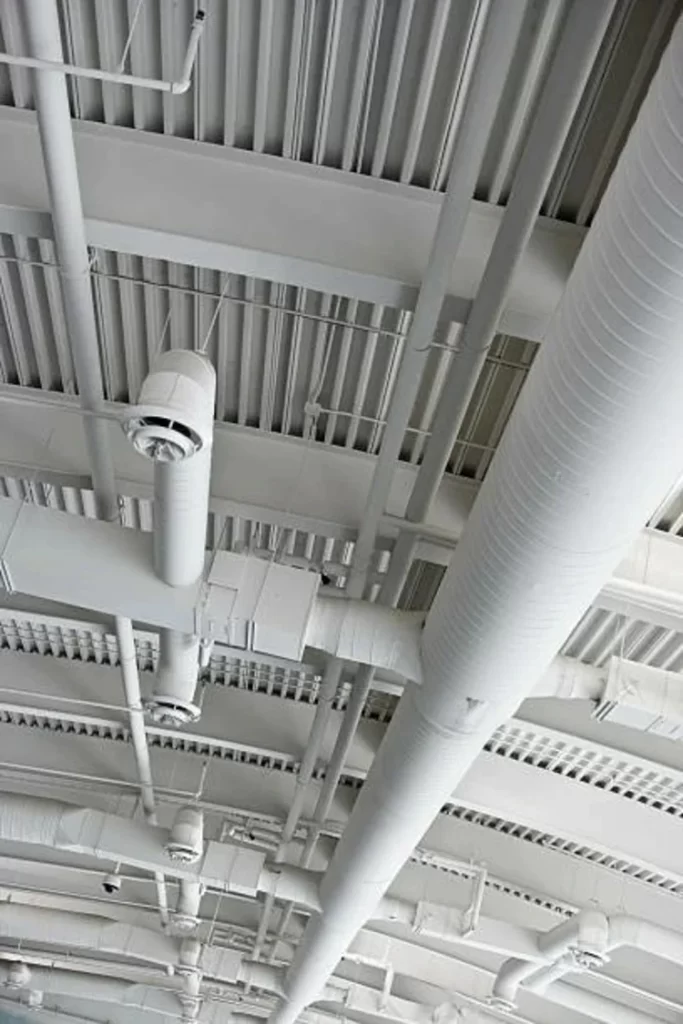Understanding UPVC Tubes
Introduction to UPVC Tubes
UPVC (unplasticized polyvinyl chloride) tubes are a type of rigid plastic piping material widely used in construction, infrastructure, and industrial applications. These tubes are manufactured from PVC resin without the addition of plasticizers, resulting in a strong and durable material with excellent corrosion resistance.
Key Features of UPVC Tubes
Corrosion Resistance:
UPVC tubes offer exceptional resistance to corrosion, rust, and chemical degradation, making them suitable for use in aggressive environments where exposure to moisture, chemicals, and corrosive substances is common.
Chemical Inertness:
The chemical inertness of UPVC tube ensures that they do not react with acids, alkalis, salts, or other chemicals present in the surrounding environment, further enhancing their corrosion resistance.
Long Service Life:
With their non-corrosive properties, UPVC tube have a long service life and require minimal maintenance, resulting in cost savings and reduced downtime over the lifespan of the piping system.
Versatility:
UPVC tubes are versatile and can be used for various applications, including water supply, drainage, sewerage, irrigation, and industrial piping, where corrosion resistance is essential.
Factors Contributing to Corrosion Resistance
Material Composition
PVC Resin:
UPVC tubes manufacturers use high-quality PVC resin, which imparts inherent resistance to corrosion and chemical degradation, ensuring long-term performance in demanding environments.
Stabilizers and Additives:
The addition of stabilizers and additives during the manufacturing process enhances the corrosion resistance of UPVC tubes, protecting them from UV radiation, oxidation, and degradation over time.
Smooth Interior Surface
Reduced Friction:
The smooth interior surface of UPVC tubes minimizes friction and turbulence, reducing the accumulation of sediment, debris, and corrosive agents inside the pipe, which can lead to corrosion and blockages.
Applications of UPVC Tubes in Corrosive Environments
Water Supply Systems
Potable Water Distribution:
UPVC tubes are widely employed for conveying potable water in various settings, including residential, commercial, and industrial buildings. Their corrosion resistance plays a crucial role in preserving water quality and ensuring the safety of drinking water supplies. This corrosion resistance prevents pipe degradation, minimizing the risk of contaminants leaching into the water and maintaining its purity. UPVC tube are favored in applications where water quality is crucial, offering a reliable solution for transporting potable water.
Chemical Processing:
In chemical processing plants and laboratories, UPVC tubes serve a vital function in conveying a wide range of chemicals, acids, and corrosive substances. Their durable construction and chemical resistance make them a reliable choice for safely transporting such materials. This ensures the integrity of the piping system and helps prevent leaks or contamination, contributing to a safe working environment and efficient chemical handling processes.
Drainage and Sewerage Systems
Wastewater Conveyance:
UPVC tubes play a crucial role in sewage and wastewater conveyance across municipal, residential, and industrial drainage systems. Their resistance to corrosive effluents is paramount, as it helps prevent pipe degradation and potential system failures. This resistance ensures the longevity and reliability of the drainage infrastructure, contributing to efficient wastewater management and environmental protection.
Conclusion: Reliable Corrosion Resistance
UPVC tubes offer excellent corrosion resistance, making them ideal for applications prone to moisture, chemicals, and corrosive substances.With their durable construction, UPVC tube provide reliable performance in various applications. Their chemical inertness makes them ideal for water supply and drainage systems. Additionally, the smooth interior surface ensures long-lasting efficiency in sewerage and industrial piping systems. Understanding the factors behind their corrosion resistance allows engineers, contractors, and project managers to confidently select UPVC tube for their projects. These tubes ensure reliable, cost-effective piping solutions for infrastructure and construction projects in corrosive environments.
IFAN es un fabricante chino de tuberías, accesorios y válvulas de plástico con 30 años de experiencia. Si está interesado en IFAN accesorios de cobre, válvulas de cobre, tuberías y accesorios de plástico, póngase en contacto con nosotros. IFAN le ofrece una variedad de tuberías estándar para satisfacer sus necesidades específicas. Haga clic a continuación para obtener más información sobre la amplia gama de productos de válvulas y productos relacionados con sistemas de tuberías asequibles y rentables de IFAN.
Responderemos a su correo electrónico o fax en 24 horas.
Puede llamarnos en cualquier momento si tiene alguna duda sobre nuestra producción.
Para más información, visite nuestra página web https://ifanpro.com/
Pls Mailto: [email protected]
Whatsapp: + 86 19857948982














Comentarios recientes